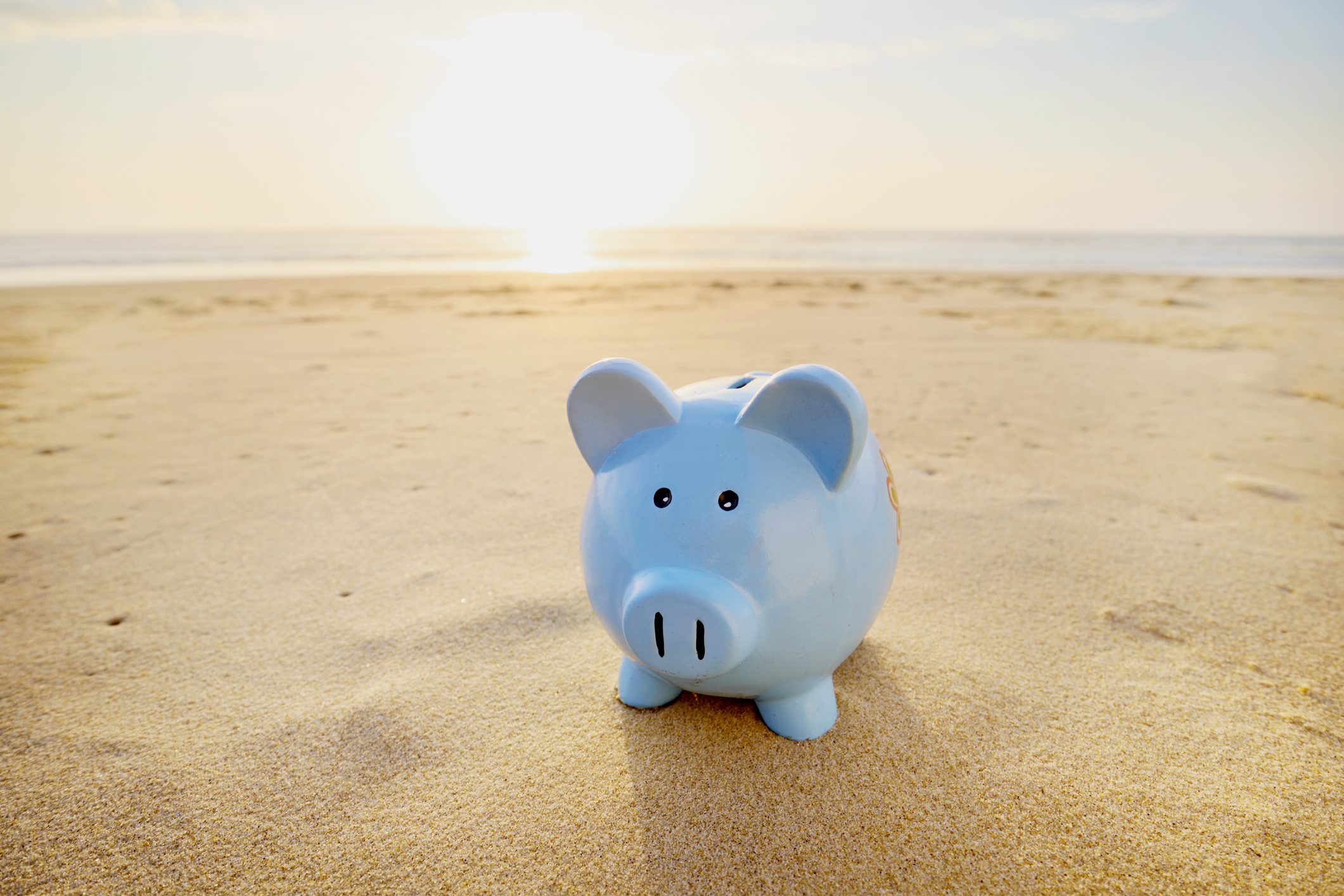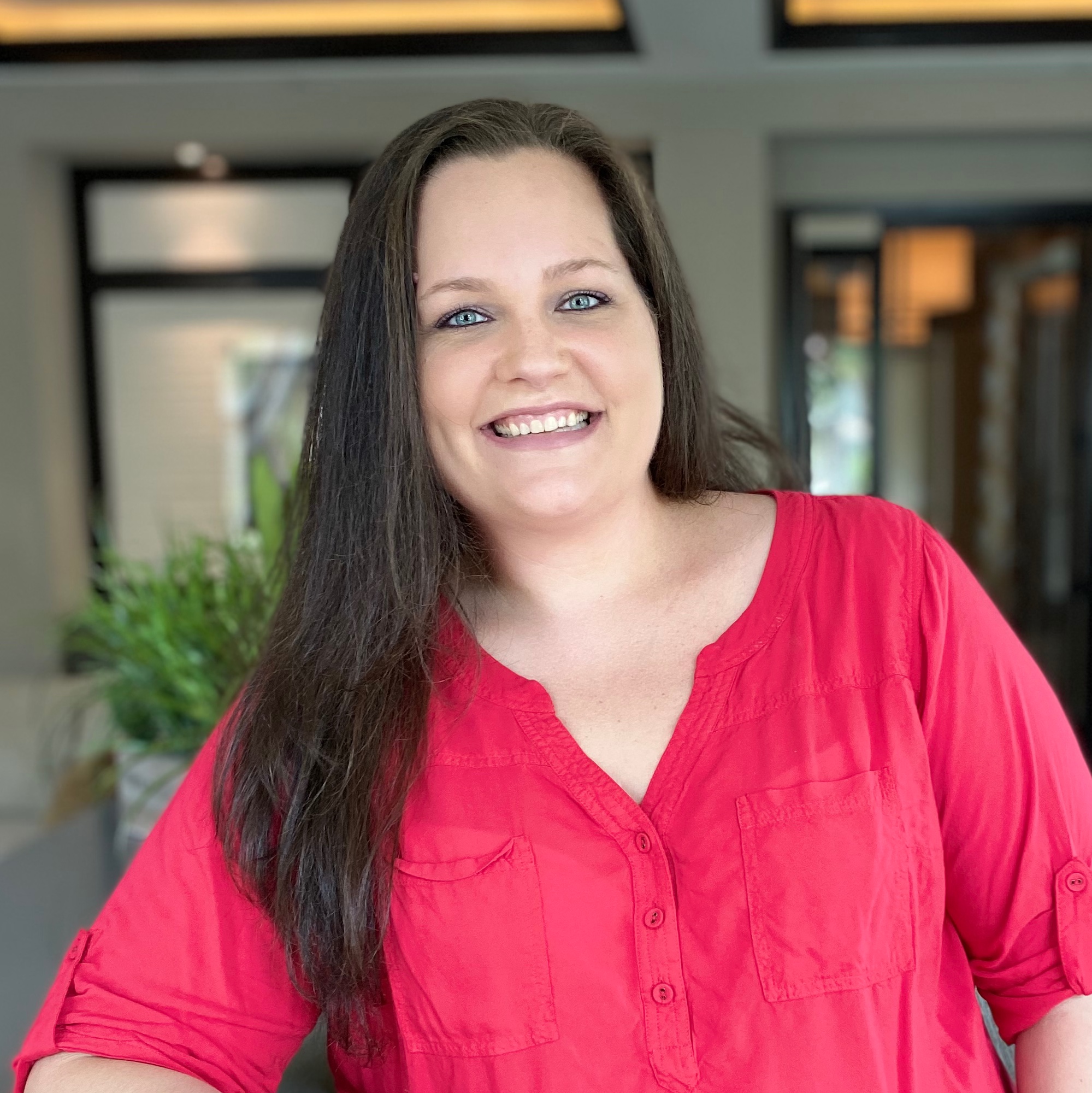
Profit and prosper with the best of Kiplinger's advice on investing, taxes, retirement, personal finance and much more. Delivered daily. Enter your email in the box and click Sign Me Up.
You are now subscribed
Your newsletter sign-up was successful
Want to add more newsletters?

Delivered daily
Kiplinger Today
Profit and prosper with the best of Kiplinger's advice on investing, taxes, retirement, personal finance and much more delivered daily. Smart money moves start here.

Sent five days a week
Kiplinger A Step Ahead
Get practical help to make better financial decisions in your everyday life, from spending to savings on top deals.

Delivered daily
Kiplinger Closing Bell
Get today's biggest financial and investing headlines delivered to your inbox every day the U.S. stock market is open.

Sent twice a week
Kiplinger Adviser Intel
Financial pros across the country share best practices and fresh tactics to preserve and grow your wealth.

Delivered weekly
Kiplinger Tax Tips
Trim your federal and state tax bills with practical tax-planning and tax-cutting strategies.

Sent twice a week
Kiplinger Retirement Tips
Your twice-a-week guide to planning and enjoying a financially secure and richly rewarding retirement

Sent bimonthly.
Kiplinger Adviser Angle
Insights for advisers, wealth managers and other financial professionals.

Sent twice a week
Kiplinger Investing Weekly
Your twice-a-week roundup of promising stocks, funds, companies and industries you should consider, ones you should avoid, and why.

Sent weekly for six weeks
Kiplinger Invest for Retirement
Your step-by-step six-part series on how to invest for retirement, from devising a successful strategy to exactly which investments to choose.
Whether it’s a cozy cabin in the mountains, a beachfront condo or a lakeside retreat, owning a second property gives families the freedom to escape the hustle and bustle of everyday life and create lasting memories in a space that’s all their own.
Approximately 6.5 million homes in the U.S. serve as second homes, accounting for 4.6% of the total housing stock, according to the National Association of Home Builders (NAHB). They’re often used for vacations, weekend getaways or future retirement, and some owners rent them out to generate passive income.
Whether you're a pre-retiree looking for a quiet retreat, a frequent traveler wanting a home base in a favorite destination or someone hoping to build home equity through a vacation home, there are plenty of benefits to owning a second property. However, before you start browsing listings or planning your next vacation, it's important to understand the full financial picture.
From just $107.88 $24.99 for Kiplinger Personal Finance
Become a smarter, better informed investor. Subscribe from just $107.88 $24.99, plus get up to 4 Special Issues

Sign up for Kiplinger’s Free Newsletters
Profit and prosper with the best of expert advice on investing, taxes, retirement, personal finance and more - straight to your e-mail.
Profit and prosper with the best of expert advice - straight to your e-mail.
From larger down payments to ongoing maintenance and insurance, the cost of owning a second home can be higher than many buyers expect. Take a look at the most common costs associated with second homes so you can make an informed decision before taking the plunge.
Second home loans often require a larger down payment
Primary residences have fewer qualification restrictions compared to owning a second home. For primary homes, you can qualify for some mortgages with as little as no down payment or upfront costs. For second homes, you’ll need to prove financial security, and that might come with a larger down payment.
Repeat buyers tend to put down significantly more than first-time buyers, according to the National Association of Realtors (NAR). The average down payment for first-time buyers was 9% in 2024, while repeat buyers put down an average of 23%. In fact, about one-third of repeat buyers skipped financing altogether and purchased their second homes with all cash.
This trend reflects both the financial resources often required to own a second home and the importance of having equity or liquidity to support the purchase.
Be prepared to manage two mortgage payments

In addition to your current mortgage, buying a second home means taking on another monthly mortgage payment if you're not purchasing with all cash. This can be a significant financial commitment, especially if you’re still paying off your primary residence.
Housing costs accounted for nearly one-third of total monthly expenses in 2023, according to the Bureau of Labor Statistics. These costs can vary widely depending on factors like income level, household size and location. If your second home is in an area with a high cost-of-living, your monthly expenses may be even higher due to increased property taxes, insurance rates and utility costs.
Unless you’re planning to pay cash for the second property or have already paid off your primary home, you’ll need to budget carefully to ensure you can comfortably handle two mortgage payments at once. Lenders will also evaluate your debt-to-income ratio to determine whether you can realistically afford another loan, so having a strong financial profile is essential.
Factor in higher homeowners insurance costs
Before you can close on a second home, most mortgage lenders will require you to have homeowners insurance in place. Even if you only use the property occasionally, you’ll need to maintain coverage year-round to protect your investment.
Insurance premiums vary based on several factors, including the home’s location, condition and how you plan to use it. For example, if your second home is located in a high-risk area — such as a coastal region prone to hurricanes or an area vulnerable to earthquakes — you may need additional coverage like earthquake or flood insurance. These aren’t typically included in standard homeowners' policies and can significantly increase your annual insurance costs.
How you use the home also matters. If you plan to rent out your vacation property, a standard homeowners policy may not offer sufficient protection. In that case, you’ll likely need landlord insurance or a short-term rental policy, both of which come with higher premiums but offer more comprehensive coverage for tenants and rental-related risks.
Not sure what type of coverage you need? Explore home insurance options using the tool below:
Understand the tax implications of a second home
No matter how often you use your vacation home, you’ll still be responsible for paying property taxes. In some cases, you may also owe income taxes depending on how you use the home throughout the year.
If your second home is strictly for personal use, you can typically deduct mortgage interest, just like with a primary residence under current IRS rules. However, if you plan to rent out your vacation home, the tax situation becomes more complex.
The IRS uses a specific formula based on how many days the property is rented versus how many days you use it personally. This can affect whether your home is considered a rental property or a personal residence for tax purposes — and what deductions you qualify for.
In addition to federal taxes, state and local property taxes will apply. Some states or municipalities offer tax breaks or exemptions, particularly for homes used as primary residences or part-time retirement dwellings, but these often don’t extend to second homes.
It's a good idea to consult a tax professional or a financial adviser to understand how your vacation home will impact your tax liability and which deductions or benefits might apply.
The cost of utilities and upkeep for a second home

Whether you’re regularly in it or not, you’ll need to maintain your vacation home. The amount you pay varies depending on the home’s purpose, but other costs include:
- Utilities like water, sewage, electricity and gas
- Homeowners Association (HOA) fees
- Repairs and replacements
- Lawn care
- Pool maintenance, if applicable
- Home furnishings and appliances
- Property management and household cleaning services, if applicable
For those who plan on renting out their vacation homes, you might need to pay for other services, like a property manager or someone who stays near your second home to help run it while you’re away.
For instance, you may not want to hire a cleaning service if you visit your vacation home regularly and can manage those tasks on your own. But you may want to hire a service if you’re renting out the home when you’re not using it to maintain it.
The bottom line
Owning a second home can be a great investment for retirees, pre-retirees or anyone who wants a personal getaway without the hassle of booking lodging for every trip. It offers convenience, comfort and the potential for long-term value.
However, vacation homes come with added responsibilities — both financial and practical. Beyond the purchase price, you’ll need to budget for ongoing expenses like insurance, taxes, and utilities, as well as upkeep and maintenance, even when you're not there. From hiring property managers to handling repairs, owning a second home requires time, planning, and resources. Before making the leap, consider all aspects of ownership to ensure it fits your lifestyle, budget, and long-term goals.
Use the tool below to compare some of today’s best mortgage rates and see if a second home is in your future:
Related Content
Profit and prosper with the best of Kiplinger's advice on investing, taxes, retirement, personal finance and much more. Delivered daily. Enter your email in the box and click Sign Me Up.
Dori is an award-winning journalist with nearly two decades in digital media. Her work has been featured in the New York Times, Wall Street Journal, USA Today, Newsweek, TIME, Yahoo, CNET, and many more.
Dori is the President of Blossomers Media, Inc.
She’s extensively covered college affordability and other personal finance issues, including financial literacy, debt, jobs and careers, investing, fintech, retirement, financial therapy, and similar topics. With a strong journalistic background, she’s also worked in content marketing, SEO, affiliate marketing, content strategy, and other areas.
Dori graduated with a Bachelor’s degree in Multimedia Journalism from Florida Atlantic University. She previously served as the president of the Florida Chapter of the Society of Professional Journalists, where her chapter won the coveted “Chapter of the Year” award for two consecutive years.
-
 Quiz: Do You Know How to Avoid the "Medigap Trap?"
Quiz: Do You Know How to Avoid the "Medigap Trap?"Quiz Test your basic knowledge of the "Medigap Trap" in our quick quiz.
-
 5 Top Tax-Efficient Mutual Funds for Smarter Investing
5 Top Tax-Efficient Mutual Funds for Smarter InvestingMutual funds are many things, but "tax-friendly" usually isn't one of them. These are the exceptions.
-
 AI Sparks Existential Crisis for Software Stocks
AI Sparks Existential Crisis for Software StocksThe Kiplinger Letter Fears that SaaS subscription software could be rendered obsolete by artificial intelligence make investors jittery.
-
 We Retired at 62 With $6.1 Million. My Wife Wants to Make Large Donations, but I Want to Travel and Buy a Lake House.
We Retired at 62 With $6.1 Million. My Wife Wants to Make Large Donations, but I Want to Travel and Buy a Lake House.We are 62 and finally retired after decades of hard work. I see the lakehouse as an investment in our happiness.
-
 I'm an Opportunity Zone Pro: This Is How to Deliver Roth-Like Tax-Free Growth (Without Contribution Limits)
I'm an Opportunity Zone Pro: This Is How to Deliver Roth-Like Tax-Free Growth (Without Contribution Limits)Investors who combine Roth IRAs, the gold standard of tax-free savings, with qualified opportunity funds could enjoy decades of tax-free growth.
-
 I'm a Real Estate Investing Pro: This Is How to Use 1031 Exchanges to Scale Up Your Real Estate Empire
I'm a Real Estate Investing Pro: This Is How to Use 1031 Exchanges to Scale Up Your Real Estate EmpireSmall rental properties can be excellent investments, but you can use 1031 exchanges to transition to commercial real estate for bigger wealth-building.
-
 My Spouse and I Are Saving Money for a Down Payment on a House. Which Savings Account is the Best Way to Reach Our Goal?
My Spouse and I Are Saving Money for a Down Payment on a House. Which Savings Account is the Best Way to Reach Our Goal?Learn how timing matters when it comes to choosing the right account.
-
 The High Cost of Sunshine: How Insurance and Housing Are Reshaping Snowbird Living
The High Cost of Sunshine: How Insurance and Housing Are Reshaping Snowbird LivingThe snowbird lifestyle is changing as insurance and housing costs climb. Here’s how retirees are adapting and where they’re choosing to go.
-
 How to Turn Your 401(k) Into A Real Estate Empire — Without Killing Your Retirement
How to Turn Your 401(k) Into A Real Estate Empire — Without Killing Your RetirementTapping your 401(k) to purchase investment properties is risky, but it could deliver valuable rental income in your golden years.
-
 We're 62 With $1.4 Million. I Want to Sell Our Beach House to Retire Now, But My Wife Wants to Keep It and Work Until 70.
We're 62 With $1.4 Million. I Want to Sell Our Beach House to Retire Now, But My Wife Wants to Keep It and Work Until 70.I want to sell the $610K vacation home and retire now, but my wife envisions a beach retirement in 8 years. We asked financial advisers to weigh in.
-
 We Inherited $250K: I Want a Second Home, but My Wife Wants to Save for Our Kids' College.
We Inherited $250K: I Want a Second Home, but My Wife Wants to Save for Our Kids' College.He wants a vacation home, but she wants a 529 plan for the kids. Who's right? The experts weigh in.

